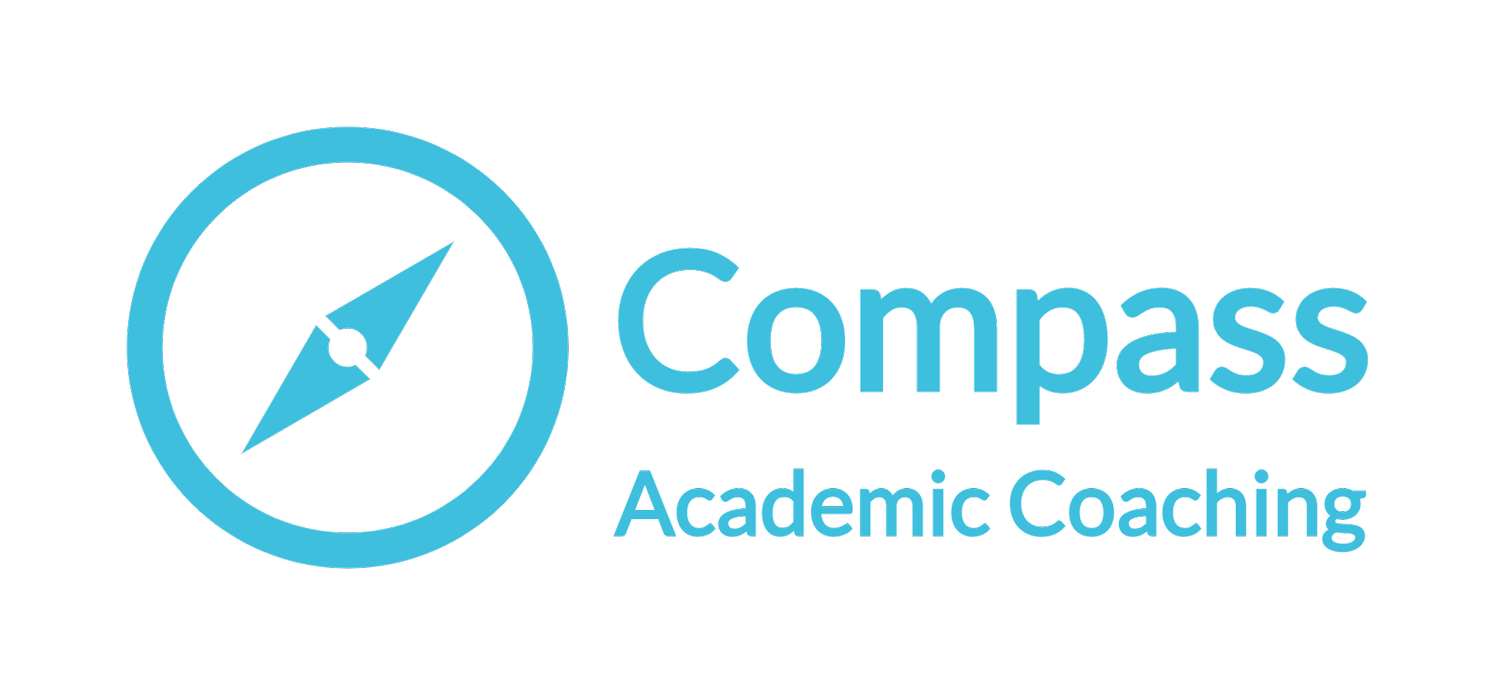Resource: The Grant Writing Guide
The Grant Writing Guide: A Road Map for Scholars by Betty S. Lai, Princeton University Press, 2023
If you write grants or help people write grants, you should check out this book.
(By the way, I bought the book for myself, and I’m not getting any kind of kick back from Princeton UP. That goes for all of the books I’ve reviewed on the blog.)
a person typing on a laptop
Acknowledging the current situation
As we all know, here in the United States, academics have been caught in a federal grant hellscape since early this year. Billions of dollars of funding have been cancelled or paused, and grant applicants have been ghosted by funding agencies. People have lost their jobs, and research participants have suddenly lost opportunities when studies shut down. If you or someone close to you has been affected, you know the massive stress, pain, and uncertainty this has caused. People and research are suffering.
And yet people still have to write grants. Whether they are going after private funding opportunities or pushing forward in the federal grant system, academics writing grants need support now more than ever. The Grant Writing Guide is a great resource. It’s clear, comprehensive, and encouraging.
Carry on with clear, practical guidance
Here are a few of the things I love about this book:
Interview guides for meetings with program officers (and other helpful people). You may have heard that you should “talk to people” as you go about this work of grant writing. If you’re like me, that advice is just not detailed enough to be helpful. Who should I talk to? How do I contact them? What am I supposed to ask? Lai breaks all of that down as she guides you through the work of gathering information from program officers and other scholars, complete with email templates for asking for the meeting and all the questions to ask once you actually meet with the person.
Annotated samples and sentence starters. The chapters include plenty of good and bad examples of text from grants, which Lai helpfully annotates so you don’t have to guess what she wants you to notice. She also provides sentence starters to help you as you draft your own grant. For example, in the chapter on crafting a research plan, Lai notes the importance of demonstrating that your work will lead to good outcomes. She provides good and bad examples of text trying to make that move, as well as sentence starters such as “The following significant outcomes may be expected from this work______” and “Successful completion of this project will result in _____.”
Guidance for thinking through your internal values and the external values that impact you. I appreciated that Lai took time early in the book to explore values. As a scholar, you get to choose what projects you pursue, and knowing what really matters to you helps you narrow down the possibilities to those projects that mean the most to you. At the same time, what is valued in your field and at your institution matters for your career, and figuring out those external values also helps you make informed choices about what kinds of projects and funding to pursue on the way to your goals. Lai outlines strategies to uncover both these internal and external values.
Not just for scholars in the United States
Lai writes primarily for an audience in the United States, and her references to US federal government grants were written before 2025; however, everything else about the book is still relevant to researchers in the US right now. Furthermore, if you are applying for grants outside the United States, working through Lai’s guidance to research your target funder and program, network with funded researchers, and analyze sample grants should give you a good sense of the culture and expectations of your particular funding opportunity.
For my Canadian readers, please check out my colleague Letitia Henville’s series on NFRF, NSERC, CIHR, and SSHRC peer reviewers’ perspectives. Those insider views specific to Canadian grants will be an excellent companion to The Grant Writing Guide.
And if you don’t have time to read another book…
I get it. This was a great book, and yet it still took me longer than I hoped to make it from cover to cover. Now that I have this book in my brain, I’d love to share what I’ve learned that’s relevant to your specific situation. If you could use some coaching through the grant writing process, wherever you are in the journey, schedule a session with me. Let’s get your research funded. Let’s make this world a better place.

